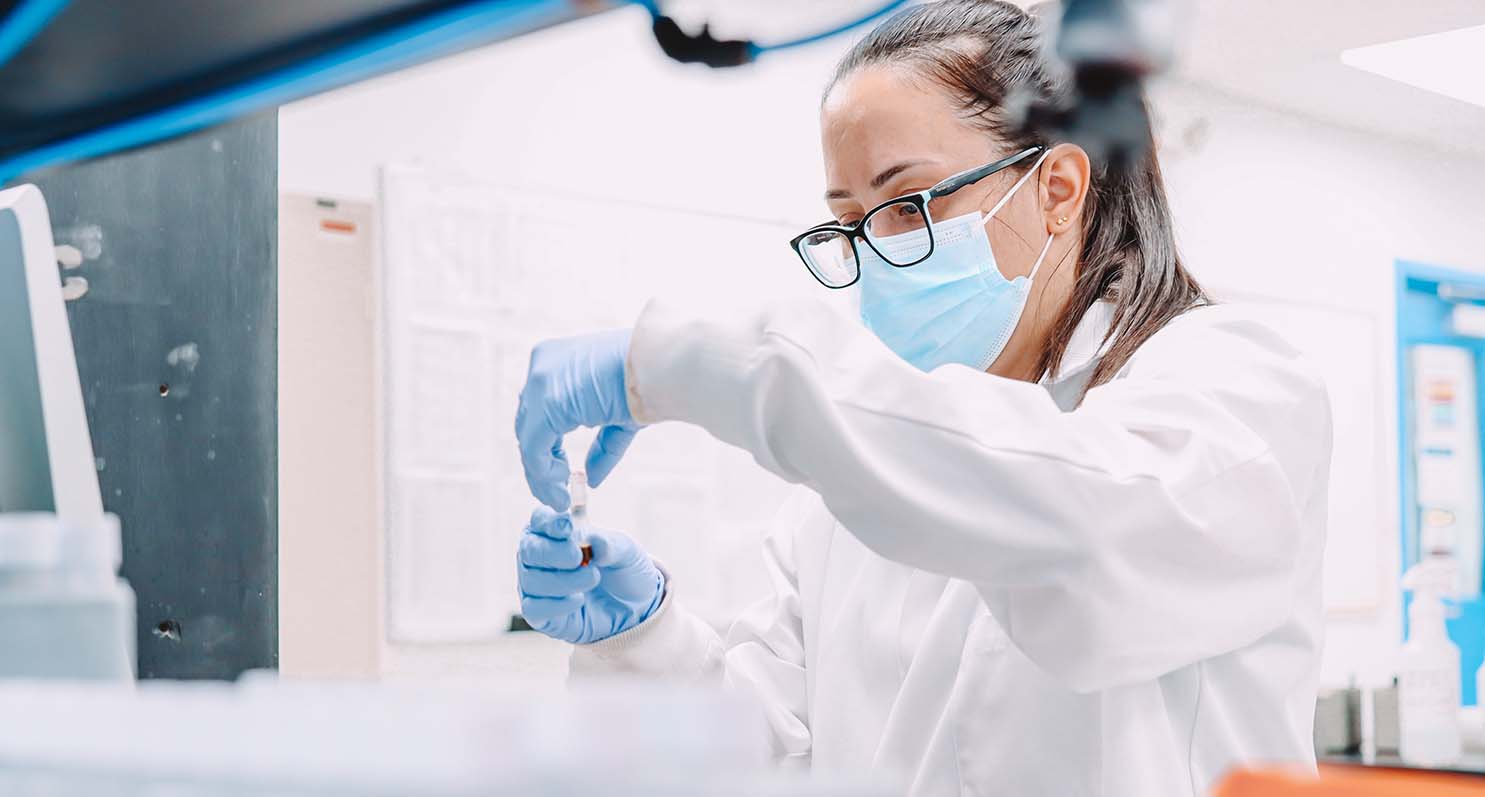A recent research led by Queen Mary University of London suggests that targeting gut microbiome development to tackle child undernutrition in lower and middle income countries instead of just focusing on human nutritional needs, can improve child growth and development more effectively.
The study, which was published today in Nature Communications, found that changes in a child’s diet and household sanitation in rural Zimbabwe have little impact on the microbiome of their gut and, consequently, their growth and development. Furthermore, the study found that early gut microbe genetic function, rather than the types of microbes present in the gut, can predict how well a child will grow over the next few months.
One of the first studies to look at the evolution of the gut microbiome in low- and middle-income nations. The phrase “gut microbiome” refers to the billions of distinct microorganisms that inhabit the human gut and are crucial for early-life developmental processes like immune system development, hormone generation, and nutrition metabolism. Since childhood illnesses and mortality are substantially greater in low- and middle-income nations, where undernutrition affects more than 1 in 5 children, most research on the gut microbiome’s impact in child development has come from high-income settings. Researchers from the University of British Columbia, Devil’s Staircase Consulting, and Queen Mary University of London conducted the study. 335 children from rural Zimbabwe, ranging in age from 1 to 18 months, had their gut microbiomes examined by researchers using metagenome sequencing technology.
First author Dr Ruairi Robertson from Queen Mary University of London said:
“This study provides the scientific community with a very large resource of gut microbiome data from children in a rural, non-Western setting throughout early childhood, which will allow researchers around the world to analyse and compare with similar datasets from children in high-income settings.
“This study also provides important data for public health in low-and-middle-income countries where early-life infections, diarrheal disease, child mortality and undernutrition are much more common.”























